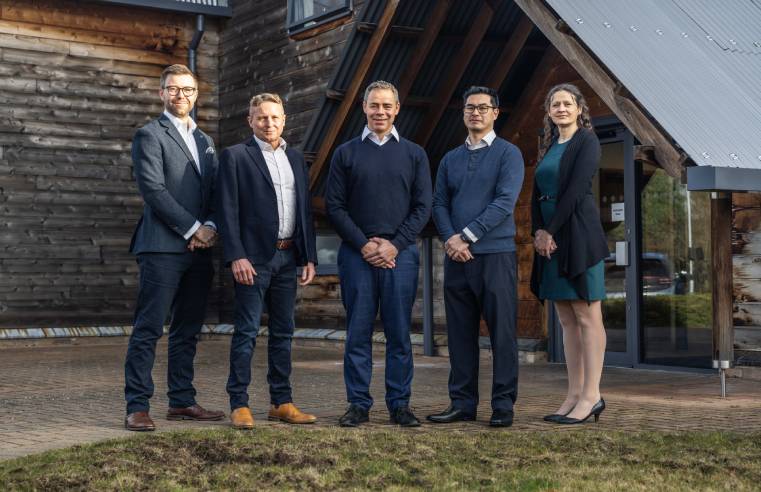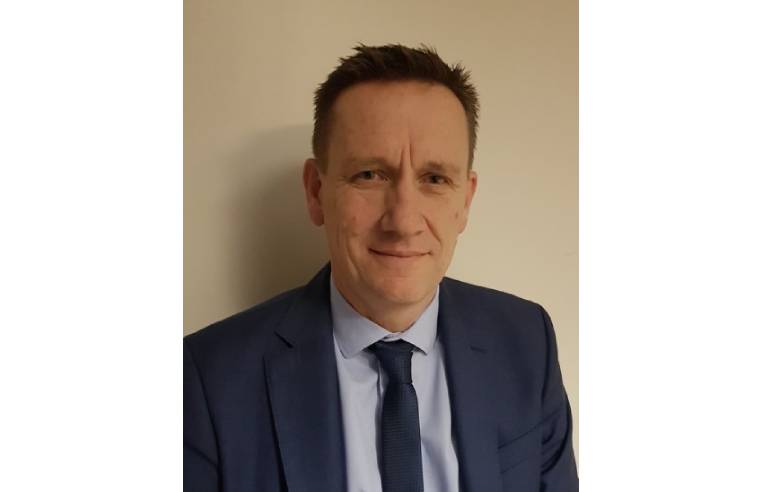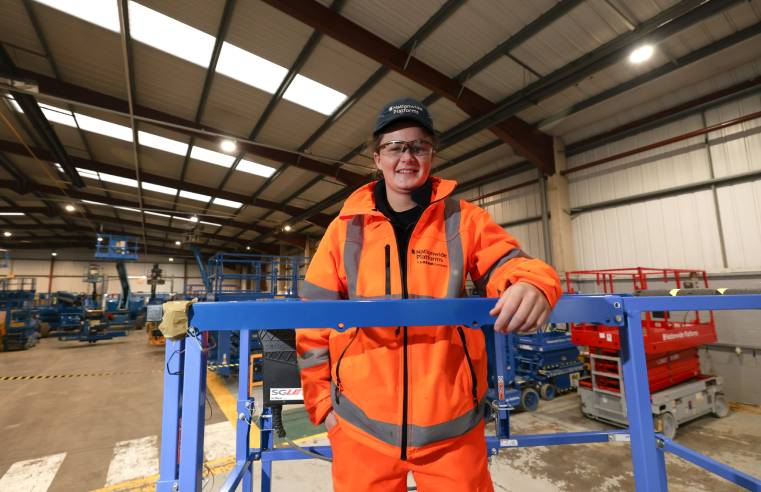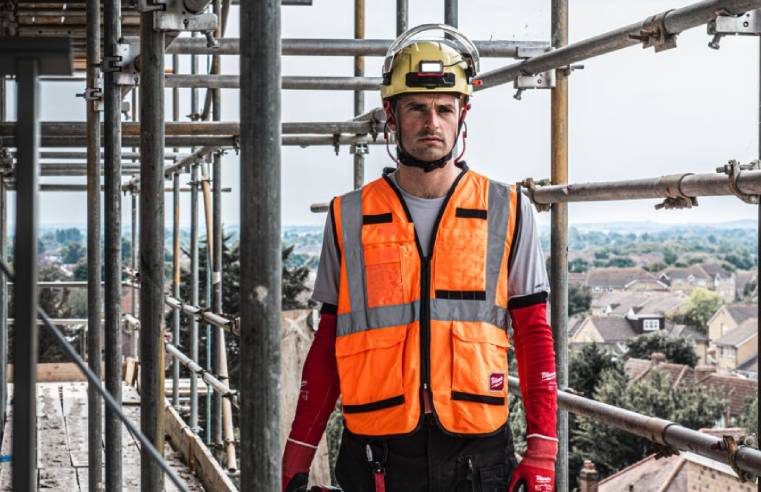The UK’s first World Health Organisation (WHO) advocate for air quality and health has joined the Building Engineering Services Association (BESA) group for Health and Wellbeing in Buildings to progress her campaign to turn buildings into safe havens from air pollution.
Rosamund Adoo Kissi-Debrah addressed the recent BESA National Conference and urged the building services sector to get to take more responsibility for the health consequences of poor indoor air quality (IAQ).
Rosamund’s daughter Ella died in 2013 following a series of severe asthma attacks linked to air pollution near her home and school. Having founded the Ella Roberta Foundation (ellaroberta.org) in her memory, Rosamund has since become a high-profile figure in the battle against air pollution.
Ella’s death is now the subject of a second coroner’s inquest, which may lead to her becoming the first person in the world to have air pollution officially recorded as a cause of death. Yet, it is estimated 40,000 people in the UK alone die every year as a result of air pollution – and 8.8 million worldwide.
New research carried out by Southampton University professor Stephen Holgate, a world authority on asthma, revealed that indoor air quality (IAQ) can be 13 times worse than outside air, but that it can be controlled through a combination of improved building systems and occupant behaviour.
Contaminants
Professor Holgate is also leading a review into IAQ on behalf of the Royal College of Physicians and was the person who first identified that airborne contaminants may have been responsible for Ella’s death.
Rosamund has joined the BESA group to help promote the Association’s 'Building Safe Havens' (#buildingsafehavens) campaign aimed at promoting the concept of indoor clean air zones that protect occupants from the worst impacts of air pollution – reflecting the fact that most people spend an average of 90% of their lives indoors.
“People feel sorry for me, but they don’t seem to think this problem has got anything to do with them,” Rosamund said. “Yet every action we take has a consequence for someone else.
“Everyone has a responsibility to do what they can to make our children safer inside and outside buildings, but the building engineering industry has a particularly important role to play because of the nature of your work. It is, therefore, so crucial that you don’t cut corners and don’t look for loopholes in standards and regulations.”
BESA has advised the government to include the measures needed to turn buildings into safe havens in its proposed new Environment Bill, which was included in the recent Queen’s Speech. This would include mandatory measuring and monitoring of IAQ with specific focus on airborne particulates PM2.5 and below; along with CO2 levels; and VOCs, which are linked to heart and lung diseases as well as certain cancers.






















